Small Talks, No. 61
May 27, 2022
Dear Small Talker,
Welcome to the sixty first edition of Small Talks. Every Friday, I highlight 6 areas of weekly joys and reflections in early childhood and the whole family. Small Talks leverages my experience at the intersection of education, philanthropy, and impact investing. Enjoy!
What I’m celebrating -
Critical, timely and systemic effort “Toward a more equitable tomorrow” by Ascend at the Aspen Institute on advancing equity in early childhood.
I serve on the board of Think Equal, a nonprofit organization delivering a socio-emotional curriculum for 3-5 year olds in schools and to families across 20 countries. They recently conducted a Randomized Control Trial, the golden standard for evidence, in Colombia showing positive effects on children’s self awareness, prosocial behaviors, and cognitive learning, as well as increase in caregivers and parents’ empathy and mental wellbeing.
Why I am excited about it? Early childhood socio-emotional interventions for children can have community well-being impact. In effect, parents and caregivers learn from and with children.
Such a symbolic picture…
What I’m listening to -
I had the privilege to connect with 2 exceptional education leaders in the past week:
As part of a major new initiative to expand work in early childhood, the Stanford Graduate School of Education hosted Geoffrey Canada, the inspiring founder of Harlem Children’s Zone.
Key takeaway is that solutions need to start early in education, while ensuring quality from “cradle to career”. Harlem Children’s Zone Promise Academy yields 100% college acceptance.
For the past 20 years, Jim Steyer has been leading Common Sense Media, which now reaches 75% U.S. schools with its digital literacy program.
In Common Sense Media’s latest analysis, media usage in children has increased more in the past 2 years than in the prior 4 years.
Dr. Jenny Radesky shared some of her research (yet to be published) on racial and discrimination patterns on TikTok and Youtube - more than 60% of content is commercialized; 9% is discriminatory.
What I’m reading -
I enjoyed reading InnovateHERs: Why Purpose-Driven Entrepreneurial Women Rise to the Top, by Barbara Kurshan and Kathy Hurley, highlighting stories of phenomenal women edu-preneurs - many friends and women I admire, including Maia Sharpley, Sabari Raja, Nisha Ligon, Sherrie Westin, Vicky Colbert, Rebecca Winthrop, and more.
It includes an interesting framework on entrepreneurship from Eckerd College that concludes that entrepreneurial people are both born and made.
What I’m watching -
Early childhood is on the Kelly Clarkson Show! Claudia Cattage, a teacher at Educare, a Head Start program serving low-income little learners in Chicago. Claudia speaks about the need for early education to meet individual needs, and illustrates the merits of socio-emotional learning thru activities like baby doll circle time.
What I’m learning and exploring more deeply -
Lots of important coverage on gun violence and mental health, including two pieces written (sadly) a few years ago:
“How to reduce shootings” by Nick Kristoff for the New York Times (2017)
“Experts say here how to prevent the next school shooting” by Anya Kamenetz at NPR (2018)
Additional resources
For parents and caregivers: “Explaining the News to Our Kids” in English and Spanish
For educators: “Talking with Students About Shocking or Disturbing News”
To take action for change: “Everytown for Gun Safety”
Two important pieces on childcare:
How it can support families at the brink of homelessness
How it can support refugee families
This article on the reading wars by Dana Goldstein at the New York Times is fascinating.
Unfortunately, only 34% of 4th graders in America were reading proficiency according to NAAP - even pre-pandemic, so there is great need for better solutions.
For more on why, I strongly recommend Emily Hanford’s work and the recent in-depth analysis by the Hechinger Report.
Poem I’m pondering -
This past week, the unthinkable happened - again. 19 children and 2 teachers killed in the sanctuary of an elementary school.
9-year old Ellie loved Encanto and dreamed of becoming a teacher.
10-year old Tess was saving in her piggy bank, so that the whole family could go to Disney World.
10-year old Lexi received an all-A honor roll the morning of the shooting, and was also awarded a good citizen award…
Precious children and teachers’ lives lost to gun violence and a young man’s despair.
I found this poem written in the early 2000’s by Geoffrey Canada, founder of Harlem Children’s Zone, helpful in grieving, in processing my tears and anger, and in attempting to turn to hope and love.
Feedback is a gift. Which part above is your favorite? What did I miss? What do you want more or less of? Other recommendations? Please kindly let me know. Thank to all of you who are sending me amazing suggestions.
If you enjoy this newsletter, please help spread the word by sharing with your friends, colleagues, and networks.
Have a wonderful week. Please stay safe and care for each other.
Isabelle

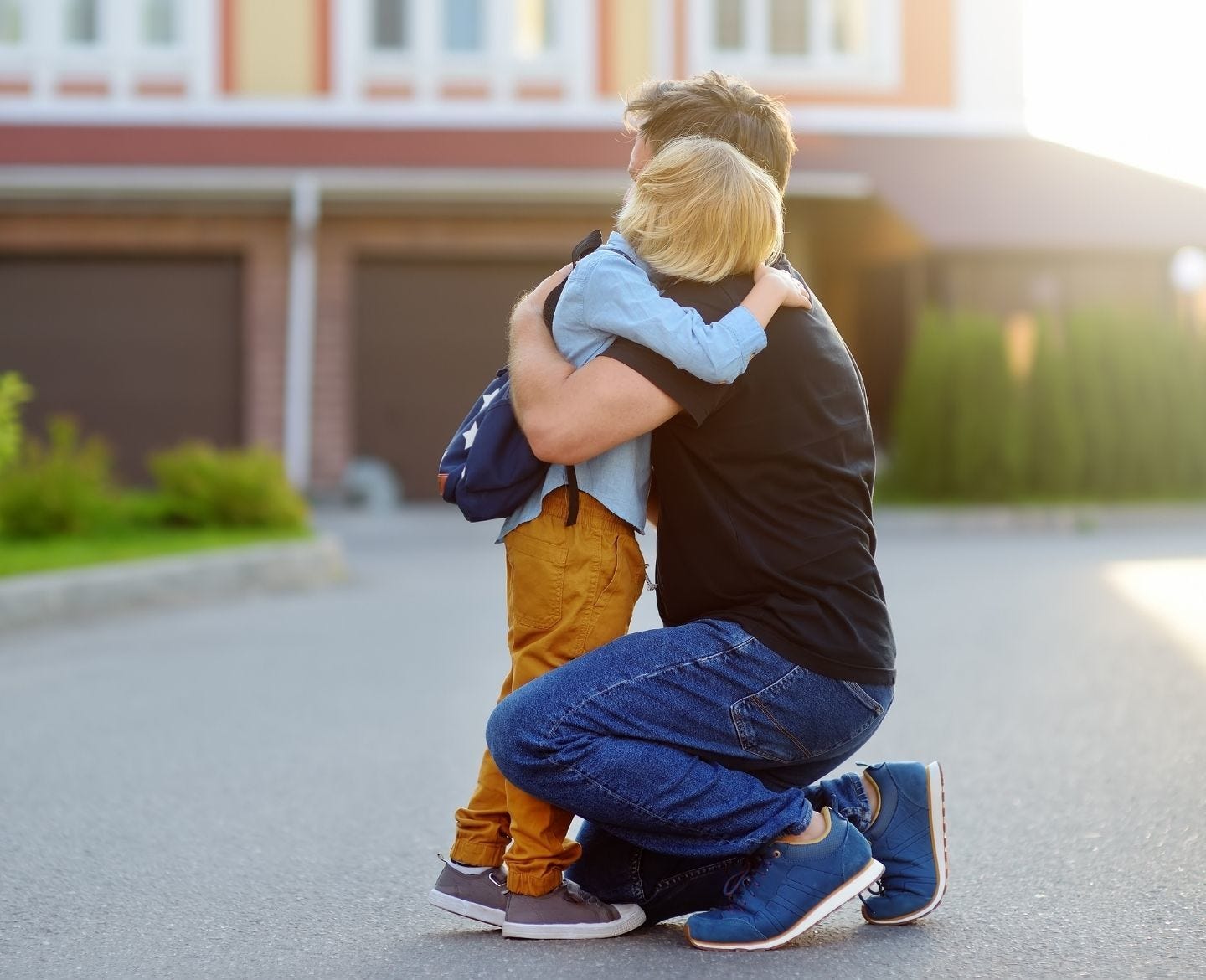
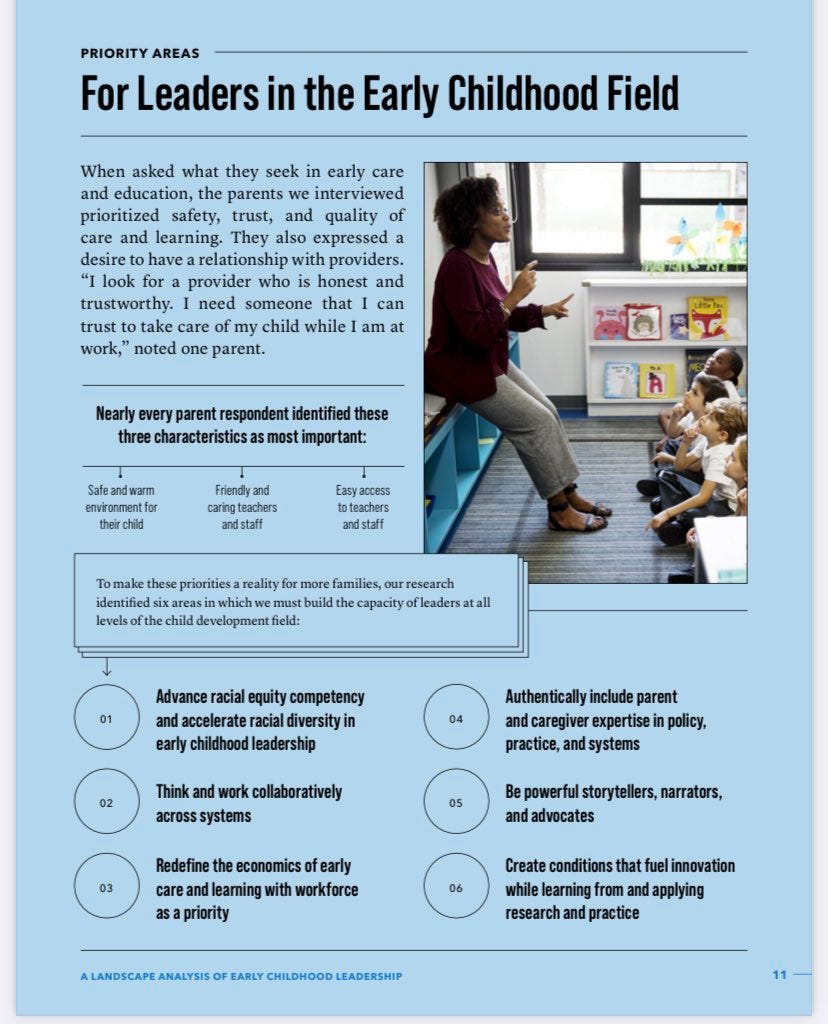
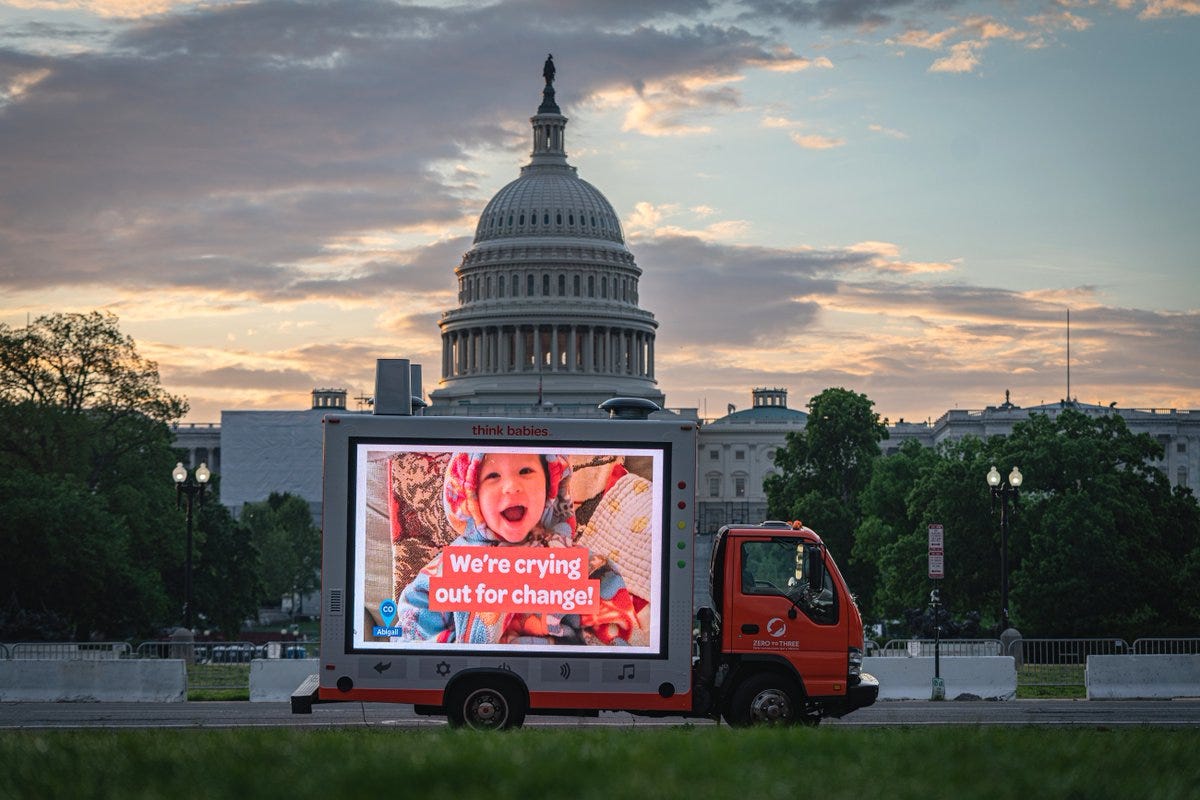
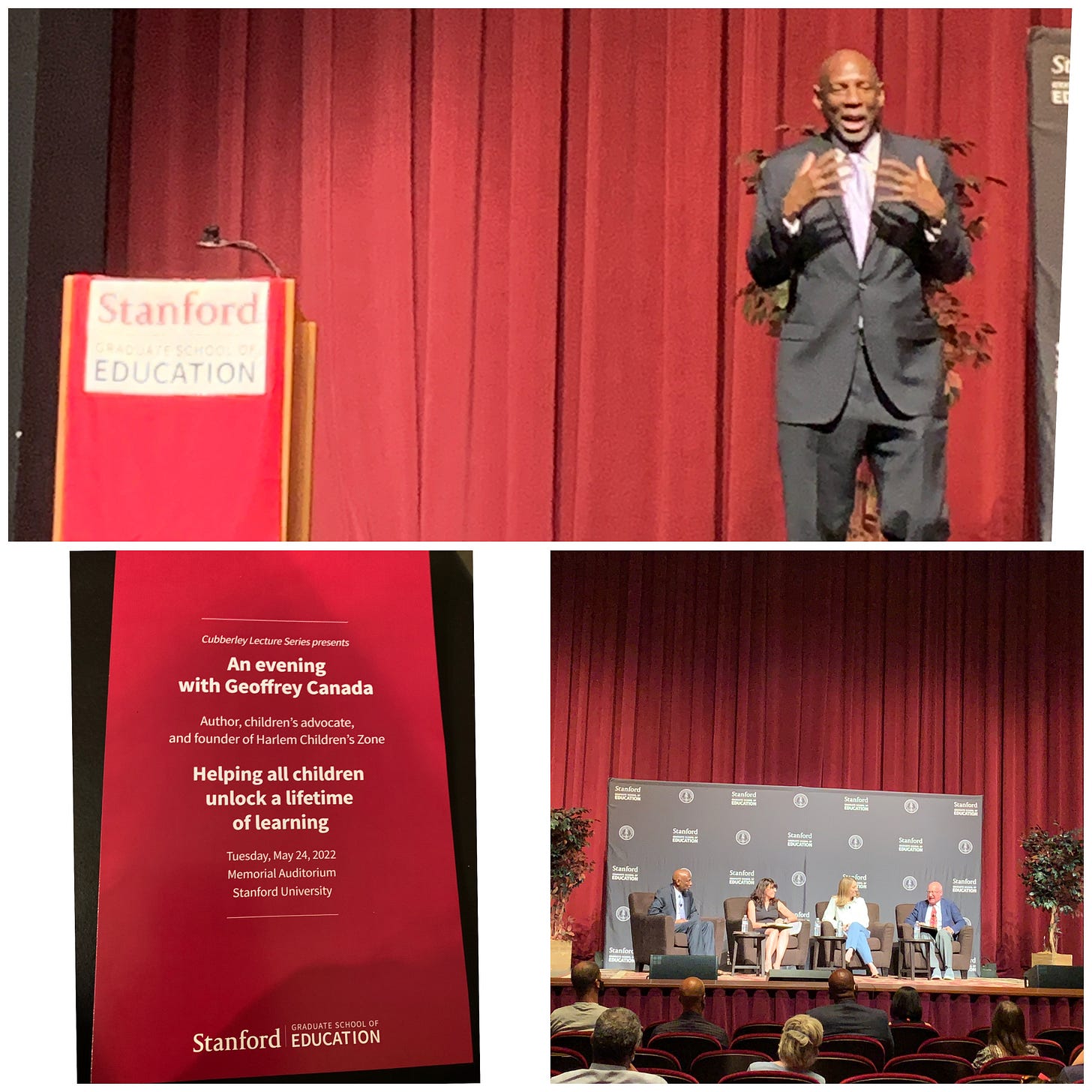
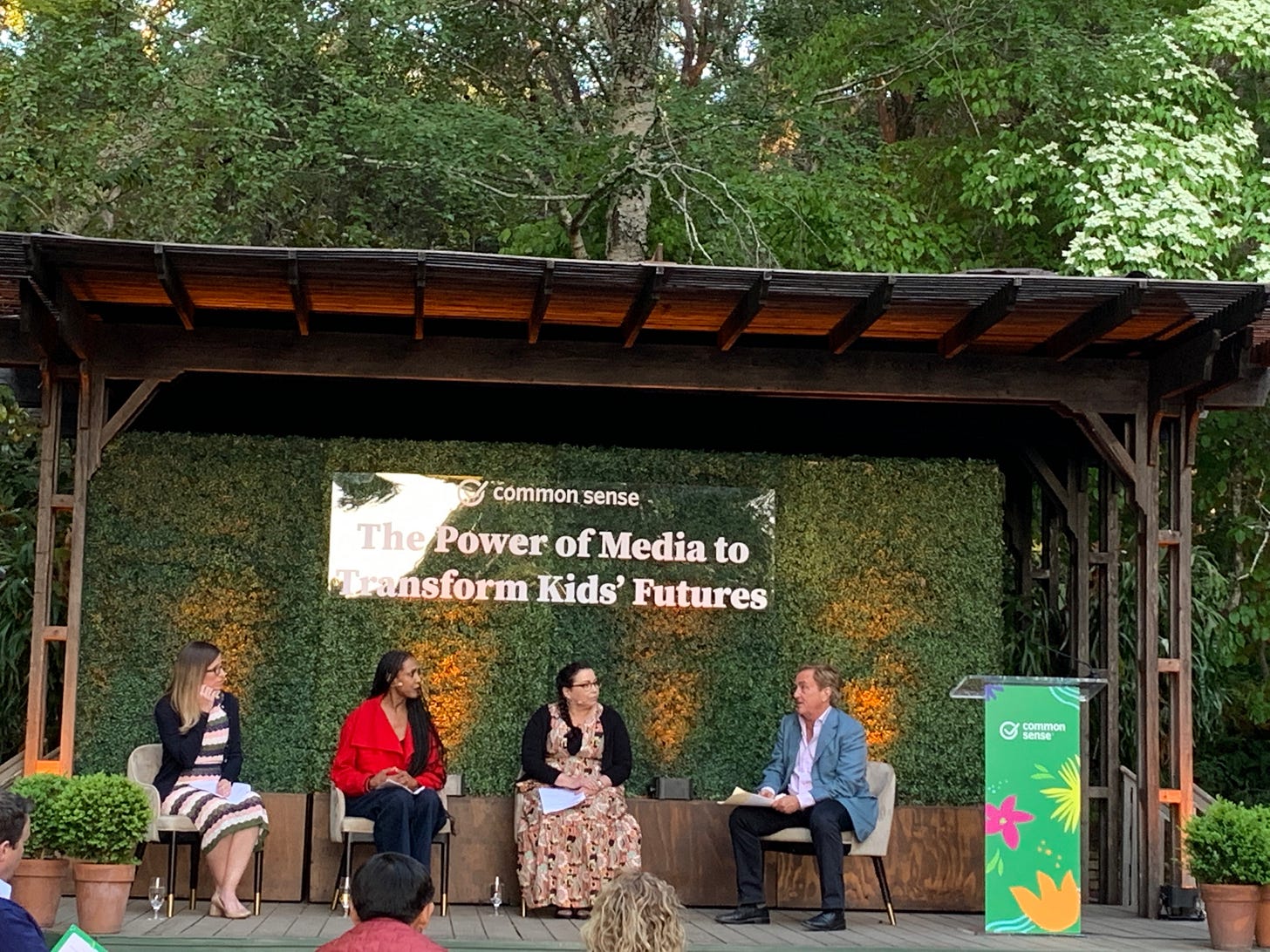
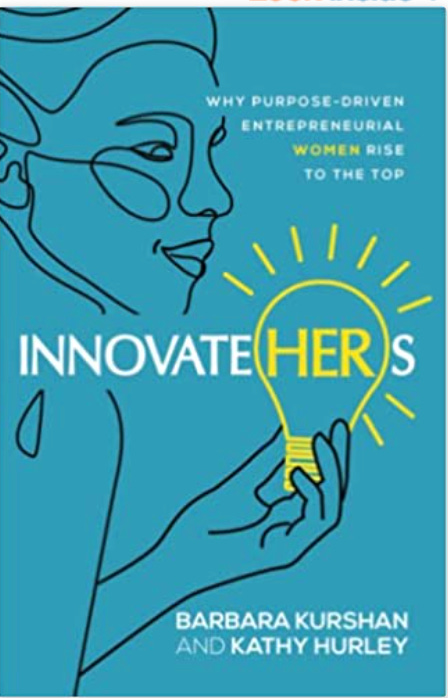
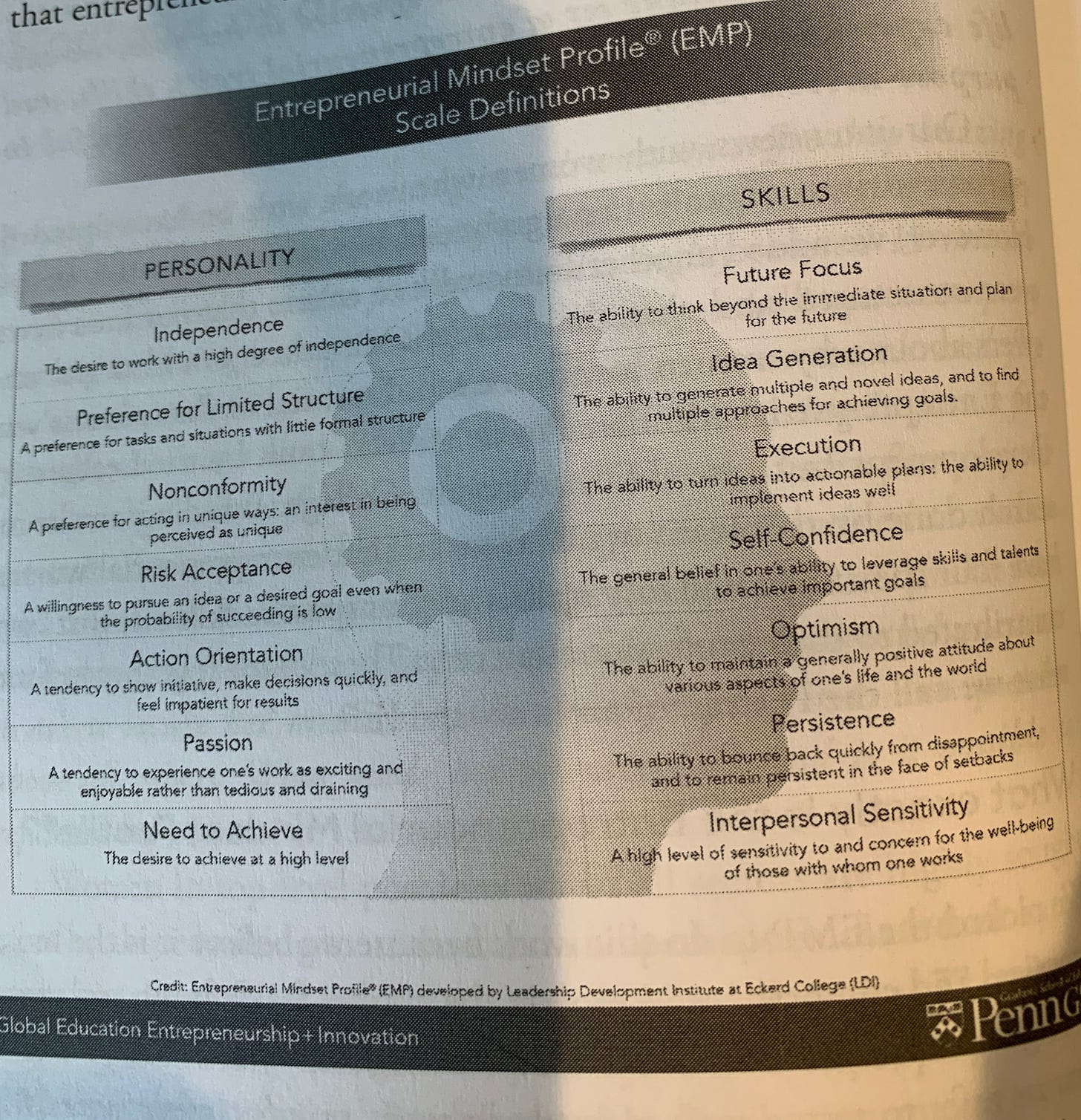



The Ascend report ignores care provided by parents themselves. It ignores parents who would prefer to care for their children themselves and could do so if they had some financial support for their caregiving. When researchers ask parents what kind of care they prefer for their young children, a significant portion of parents say they want to provide care themselves (see Bipartisan Policy Center's 2021 report: Child Care Market Analysis). Ascend named their report "Toward a More Equitable Tomorrow" yet they embrace inequity, advocating for care for children when it's provided by child care professionals only. A significant portion of parents provide care for their own children, and their caregiving is funded at $0. Ascend perpetuates inequality.